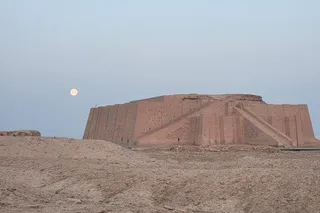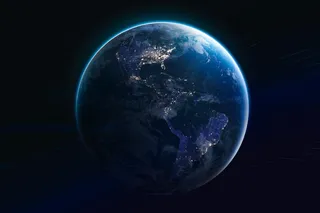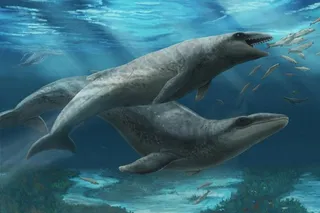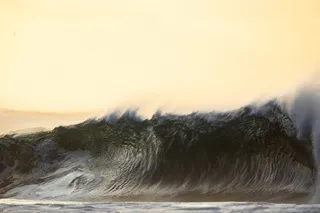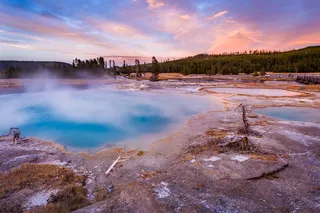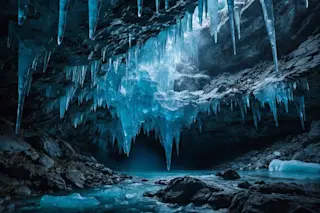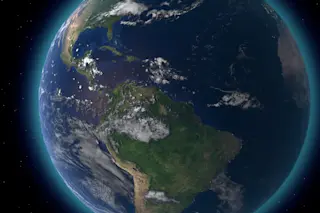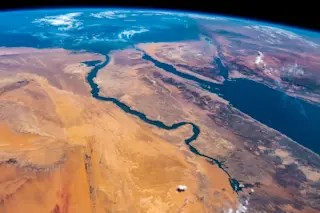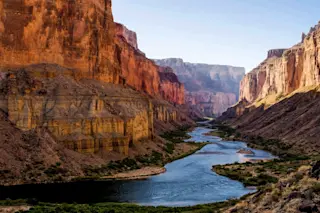Corinne Le Quéré doesn’t let climate “doomism” get in the way of outcomes.
“I really quite refuse to let myself be dragged into the emotion,” she says. “If you go there, you can’t really work in this field anymore.”
Le Quéré, a professor at the University of East Anglia in Norwich, U.K., researches the carbon cycle — how carbon emissions move between the atmosphere, land and sea. In one of her landmark papers, for example, she demonstrated that human activities reduced the Southern Ocean’s capacity to absorb atmospheric CO2.
In that study, Le Quéré and her colleagues showed that a depleted ozone layer kicked up Antarctic winds. The gusts churned the ocean, lifting carbon dioxide from the deep sea to the surface. The ocean’s top layer, now teeming with deep-sea CO2, had less space to absorb emitted greenhouse gases in the atmosphere.
“I expect that this is actually a long-term ...





